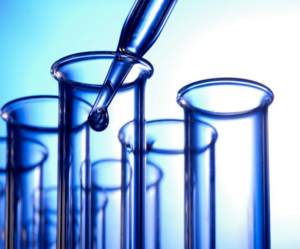Sterling Home Inspections is now available to perform well water testing for home sellers in northern Westchester in compliance with Local Law 7.
As of November 19, 2007, anyone that sells their home in Westchester County, New York, that has a private water well, must have it tested when they sign the contract of sale. The county introduced this law to monitor the water quality in the area regarding private wells. It requires the seller to have their well tested by a certified water operator and laboratory for a number of substances including bacteria, chemicals, metals and other contaminants. The tests must be paid for by the seller and be ordered within 10 days of the signing of the contract. The law also states that the buyer and seller cannot waive the testing because a copy of the test results must be sent by the laboratory to the Westchester County Department of Health, and to the seller. This new law also affects tenants who rent a property that is supplied with well water.
The burden of compliance falls into the hands of the homeowner; within ten days of a signed contract of sale, the seller must conduct a water test (or provide confirmation that one has been ordered) which will identify any primary contaminants. The seller is required to pay for the cost of testing. Within 5 days of the receipt of the water test results from a certified lab, the seller is required to deliver these results to the buyer. Additionally, The County Health Department must receive a copy of the test results directly from the certified lab. Also, all new wells must be tested prior to first use. And any well not in use for a period of five years must also be tested. Homeowners and landlords must have samples taken by a laboratory technician who is certified by the Westchester County Health Department; sellers, buyers, Realtors, or any third party cannot submit water samples. Charges for water testing is between $425.00 and $500.00 and the seller is required to pay.
As for the low maintenance of having a private well, there are a few things you should know about:
Well maintenance is low but could be costly when you neglect what needs to be done in the first place. Maintaining wells is for your health and the value of your home.

Most well waters are safe; Mother Nature has its own filtering system. But do your due diligence and have it tested yearly. Annual water testing is recommended for having safe water, testing for contamination is insurance for you and your family. The EPA does not have any jurisdiction over private wells that serve less than 25 people; it is up to the owner and the owner alone to make sure the water is safe. Per the EPA website:
“Well water should be tested every spring to make sure there are no mechanical problems; test it once each year for germs and once every two or three years for harmful chemicals. You should also have your well water tested after repairs, after serious storms or flooding, any time there is a change in the water. Laboratories will test well water for the same impurities and health standards as public water supply.”
Try not use any chemicals, including lawn products and pesticides near your well.
Walk around you’re the area of your well several times a year, make sure the cap is on tight, and do a quick inspection.
You probably know well water is typically hard, meaning it has many minerals in it. There are several ways to remove the hardness, such as the use of a salt pellet system, also there are systems that use potassium which doesn’t appear to be as bad for the environment, plants, and water treatment facilities. Also, there is an ion exchange softener that removes hardness (calcium and magnesium), by running water through resin beads that are saturated with sodium chloride or potassium chloride salts.

